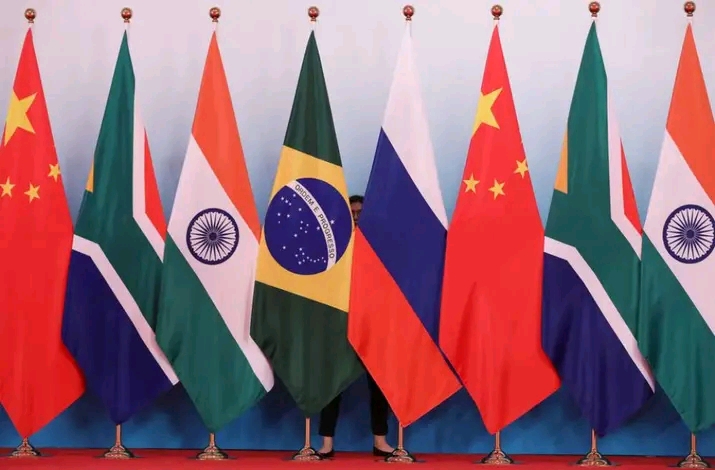
The ongoing BRICS summit of leaders from Brazil, Russia, India, China, and South Africa is scheduled to discuss the possibility of admitting new members into their influential bloc of emerging economies. This gathering is driven by the desire to establish a more prominent role for the BRICS nations in global affairs, which they perceive to be disproportionately controlled by Western powers. A central proponent of expansion is China, aiming to bolster its influence in the face of escalating competition with the United States. Notably, over 40 nations have expressed interest in joining this coalition, reflecting the growing appeal of the BRICS’ collaborative approach to international relations.
Within this context, the dynamic between China and India emerges as a pivotal factor shaping the debate. While China is advocating for swift enlargement of the BRICS bloc, India remains cautious about hastily expanding the group. The nuanced differences in their perspectives highlight the complexities of the decision-making process. The issue of admitting new members is expected to be a major point of contention during the three-day summit in Johannesburg. The outcome of these deliberations will likely have significant implications not only for the future of the BRICS coalition but also for the broader landscape of global diplomacy and economic cooperation.



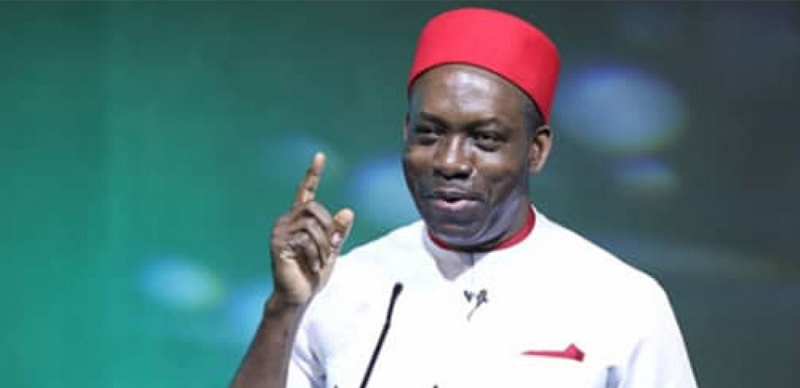 Nigeria: Soludo Shuts Onitsha Main Market for One Week in Fresh Push Against Monday Sit-at-Home
Nigeria: Soludo Shuts Onitsha Main Market for One Week in Fresh Push Against Monday Sit-at-Home  Cement Prices Rise Again in Nigeria as Builders and Renters Face Fresh Pressure
Cement Prices Rise Again in Nigeria as Builders and Renters Face Fresh Pressure  Ibeh Ugochukwu Bonaventure on Troco Technology: Building Trust Where Nigerians Once Took Risks
Ibeh Ugochukwu Bonaventure on Troco Technology: Building Trust Where Nigerians Once Took Risks 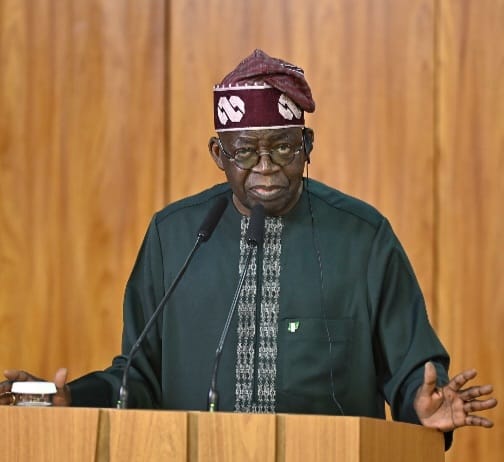 Nigeria : Rising Opposition Shadows Tinubu’s Tax Plan as January 1 Implementation Nears
Nigeria : Rising Opposition Shadows Tinubu’s Tax Plan as January 1 Implementation Nears  Oritsemeyiwa Eyesan: Seven Things to Know About Nigeria’s New Oil Referee Steering a Critical Sector
Oritsemeyiwa Eyesan: Seven Things to Know About Nigeria’s New Oil Referee Steering a Critical Sector  Oyedele Dismisses Viral Tax Papers as Fake, Pledges Reforms That Shield Small Businesses and Workers
Oyedele Dismisses Viral Tax Papers as Fake, Pledges Reforms That Shield Small Businesses and Workers 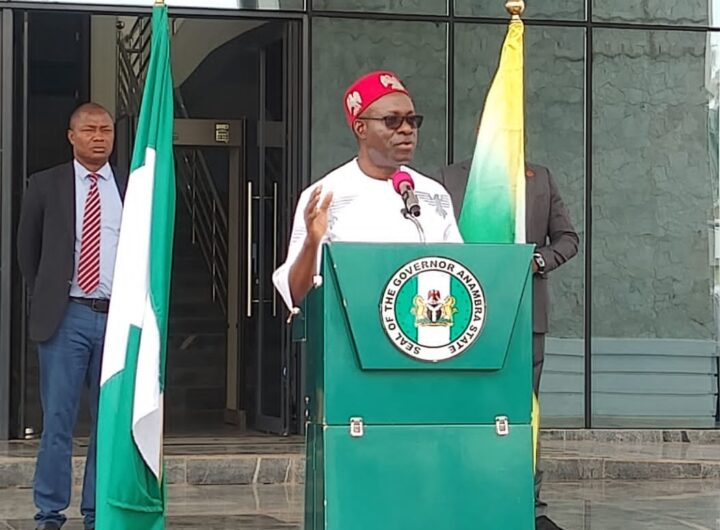 Onitsha Market Closure: Soludo Explains Rationale, Vows to End Sit-at-Home
Onitsha Market Closure: Soludo Explains Rationale, Vows to End Sit-at-Home 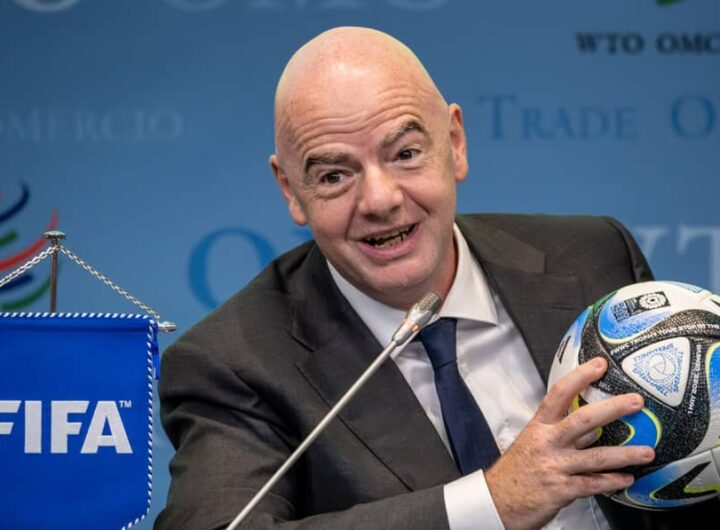 FIFA Rules Out World Cup Ban as Senegal Face CAF Sanctions Over AFCON Final Walk-Off
FIFA Rules Out World Cup Ban as Senegal Face CAF Sanctions Over AFCON Final Walk-Off  Nollywood Actress, Angela Okorie Reportedly Detained Over Alleged Cyberbullying Linked to Mercy Johnson Case
Nollywood Actress, Angela Okorie Reportedly Detained Over Alleged Cyberbullying Linked to Mercy Johnson Case  FCT Strike Persists as Workers Ignore Court Order, Keep Pressure on Wike
FCT Strike Persists as Workers Ignore Court Order, Keep Pressure on Wike